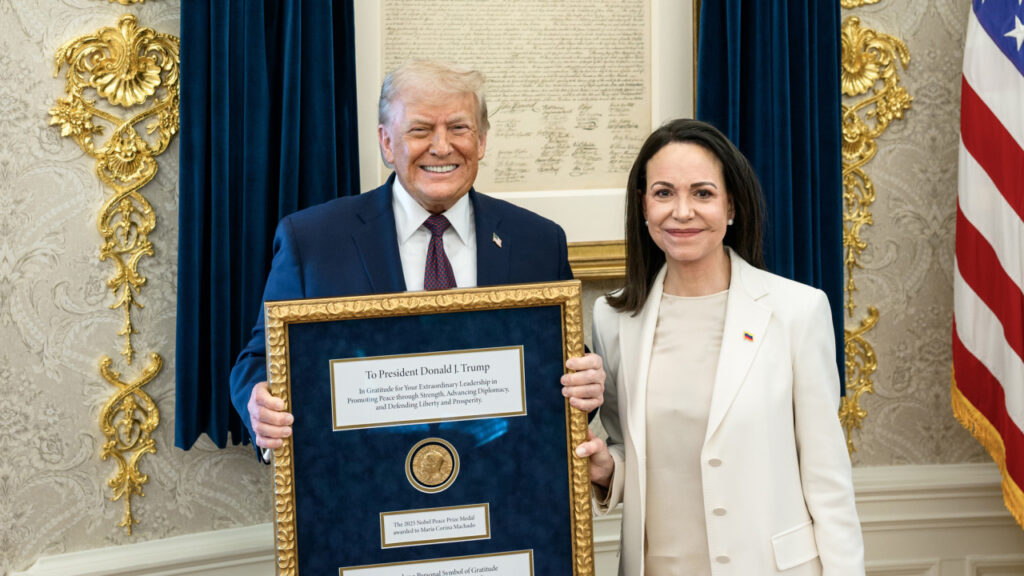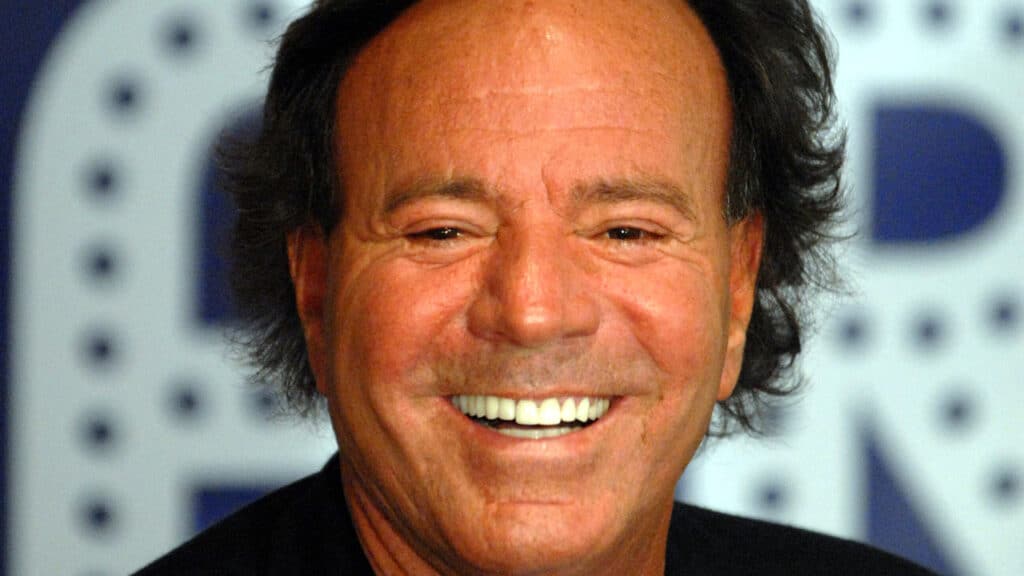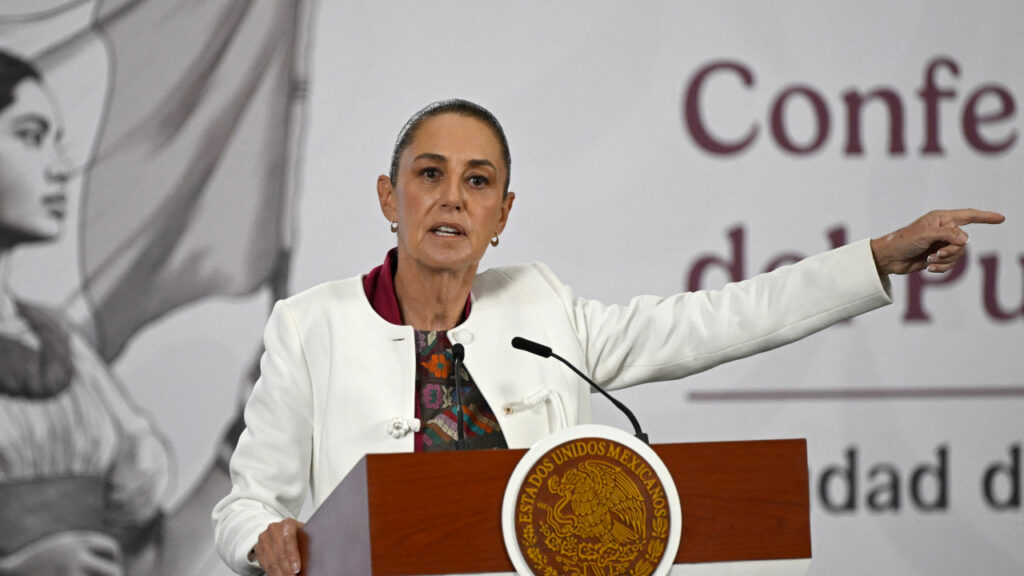
Breaking Down the Big Beautiful Bill, and How It Disproportionately Hurts Women of Color
When content creator @GeauxGabrielle went viral for breaking down how President Trump’s new Big Beautiful Bill could impact women, especially women of color, she said something that hit a nerve:
“Without these social safety nets, women are not able to take care of themselves, are not able to take care of their children.”
She was talking about Medicaid, SNAP, and student loan access, programs that millions of women rely on to live independently and, more often than not, away from harm.
Beyond viral opinions, the numbers back Gabrielle’s perspective. Now that Trump’s “Big Beautiful Bill” has officially passed, those programs face historic cuts, lives are at risk, and our rights are going back in time.
The Senate passed the nearly 900-page bill with a 51–50 vote, with Vice President JD Vance breaking the tie. According to reporting from CBS News and The 19th, it’s being celebrated by business groups and wealthy earners.
But for low-income women, the changes are staggering. Here’s what we found when we followed the money.
Medicaid is getting gutted, and women will feel it most
More than 24 million women are currently enrolled in Medicaid. Over half are of reproductive age, and more than 50% are women of color.
The bill slashes $1.1 trillion from Medicaid, Medicare, and the Affordable Care Act over the next decade, as reported by the Congressional Budget Office. That alone is expected to leave nearly 12 million people without health insurance.
Cynthia Plotch, co-founder of reproductive health brand Winx Health, told Fortune: “It’s really easy to think about access to healthcare as a social issue, but the truth is, we’re also talking about a really critical economic issue.”
The bill imposes a federal work requirement of 80 hours per month to keep Medicaid benefits, affecting caregivers, older women, and those without access to stable employment. As Capital B News pointed out, four out of five nonworking adults on Medicaid are women, with an average age of 41.
How the Big Beautiful Bill will affect women who rely on Planned Parenthood
Trump’s bill blocks all Medicaid reimbursements to Planned Parenthood. Not just for abortion, but for cancer screenings, STI testing, and birth control.
According to U.S. News, Planned Parenthood intends to sue. Its president, Alexis McGill Johnson, said: “We’ll be suing the Trump administration to stop this unlawful attack. See you in court.”
This provision could lead to nearly 200 clinic closures across 24 states, as reported by Planned Parenthood. Since 80% of their patients rely on Medicaid, the cuts will deeply impact access in what experts call “contraceptive deserts,” regions where reproductive health providers are already scarce.
SNAP benefits are getting harder to access, especially for mothers
The Supplemental Nutrition Assistance Program (SNAP) isn’t safe either. Trump’s bill tightens work requirements for recipients up to age 64 and narrows exemptions for parents, according to PBS.
Currently, parents with children under 18 are exempt. Under the Senate version, only parents of children under 14 would qualify. The House version originally dropped that age to 7.
The 19th reported that 3 million more people could lose access to SNAP. The changes also shift part of the program’s cost to states, for the first time in history.
As Capital B News noted, nearly 27% of SNAP recipients are people of color. Many women also use their SNAP eligibility to qualify for school meal programs for their children. These changes could have far-reaching effects that extend far beyond the grocery store. They would impede women of color from breaking free from domestic violence and striving for economic independence.
How the Big Beautiful Bill will affect women in higher ed
The bill doesn’t just hit healthcare and food. It also limits federal student loan access.
According to Capital B, it caps graduate student loans at $100,000 and eliminates economic hardship deferments. It also restricts how much parents can borrow for their children’s education.
The timing matters. These provisions won’t go into effect until July 2026, but once they do, new borrowers will only have two repayment plans to choose from. The bill also eliminates protections that allow students to pause payments due to unemployment or illness.
For women of color in particular, this could be devastating. As Capital B reported, they carry a disproportionate share of student debt and often face wage discrimination that makes repayment harder.
The economic winners? Not women
According to the Penn Wharton Budget Model, the wealthiest 0.1% of Americans will see their incomes rise by $290,000 per year under the bill. Meanwhile, low-income Americans (those earning under $18,000 annually) will lose an average of 1.1% of their income, or $165 per year, according to CNN.
This is not abstract. These cuts are coming at the same time as massive increases in defense and border security spending. The bill sets aside $350 billion for immigration enforcement, according to Al Jazeera, including funding for 100,000 ICE detention beds and tens of thousands of new agents.
That’s money redirected away from food, housing, healthcare, and education, and toward enforcement and militarization.
How the Big Beautiful Bill will affect women of color the most
Lenwood V. Long Sr., who leads a national organization for Black economic mobility, told Capital B that the bill echoes past Republican policies: “Trump’s attempt to curtail government programs mirrors the efforts of some of his predecessors… which left urban, predominantly Black communities susceptible to prolonged underinvestment and discrimination.”
According to the same report, 20% of Medicaid recipients are Black, despite Black Americans making up just 14% of the U.S. population. These cuts, then, are not just broad but targeted. They risk deepening racial disparities that already exist in healthcare, education, and economic mobility.
A final warning from history
As Gabrielle said in her viral clip: “It wasn’t enough that we had laws that allow women to have their own bank accounts in the ‘70s… We had to give women the tangible means of being able to survive outside the home.”
History shows us that every gain in women’s rights—from property laws to reproductive access—has been matched with backlash. Trump’s “Big Beautiful Bill,” then, isn’t just a budget shift. It’s a policy statement: one that signals which Americans the government believes deserve independence, autonomy, and dignity, and which ones don’t.




